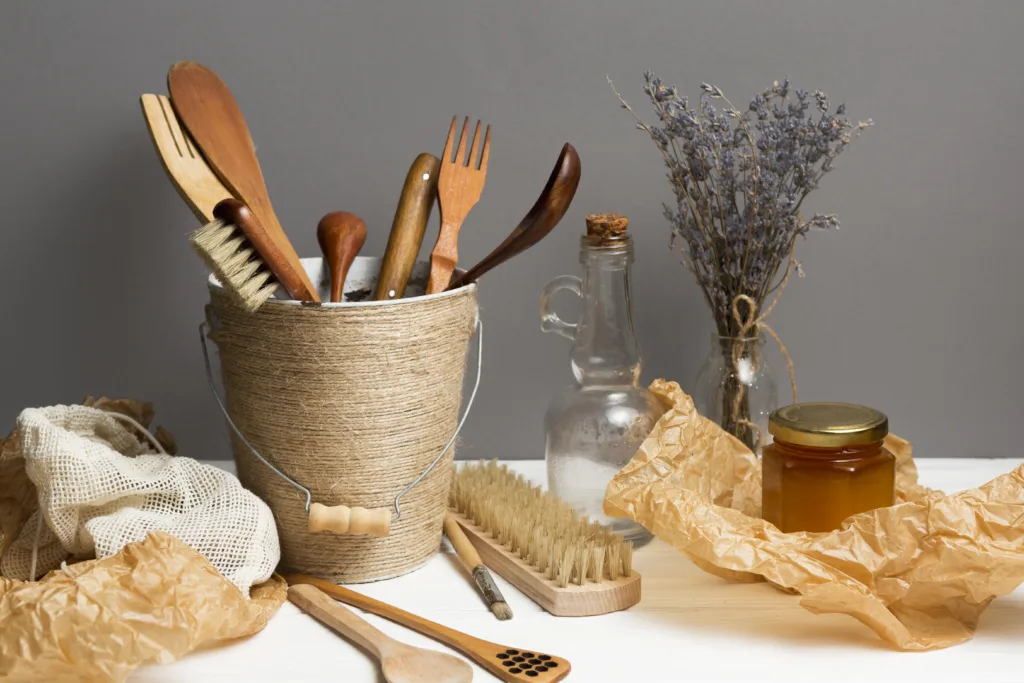
Table of Contents
Introduction
In the ever-evolving landscape of sustainable living, bamboo utensils have emerged as eco-conscious alternatives, redefining the way we approach daily cooking tasks. Let’s explore the fascinating world of bamboo kitchen utensils, discovering their eco-friendly features, functional benefits, and the positive impact they bring to our culinary spaces.
Sustainable Elegance: The Essence of Bamboo
Bamboo, a fast-growing and renewable grass, takes center stage in the creation of kitchen utensils that balance functionality with environmental responsibility. The journey begins with the cultivation of bamboo, a plant known for its swift growth, often reaching maturity in just a few years. Harvesting bamboo does not involve uprooting the entire plant, allowing for continuous regrowth and sustainability.
Eco-Friendly Advantages: Why Choose Bamboo?
Renewability:
Bamboo is considered one of the most sustainable materials due to its rapid growth and regeneration. Unlike traditional hardwoods, bamboo can be harvested without causing long-term environmental damage.
Biodegradability:
At the end of their life cycle, kitchen utensils are biodegradable. They return to the earth without leaving a lasting impact, making them an excellent choice for those striving to reduce their ecological footprint.
Low Environmental Impact:
Bamboo cultivation requires minimal water, and it does not rely on harmful pesticides or fertilizers. This low environmental impact contributes to the overall eco-friendliness of bamboo kitchen utensils.
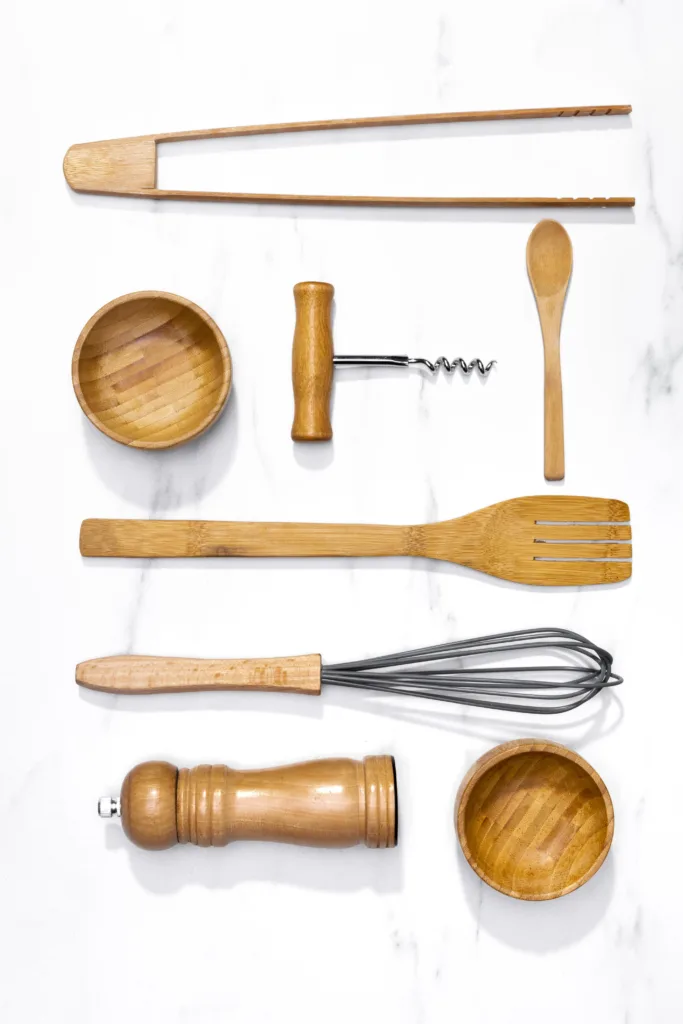
Versatility Meets Functionality: Types of Bamboo Kitchen Utensils
Kitchen utensils come in a variety of forms, each tailored to meet specific culinary needs. Here are some popular types:
Bamboo Spatulas:
Perfect for flipping pancakes, stirring sauces, or sautéing vegetables, bamboo spatulas offer versatility and gentleness, making them ideal for non-stick cookware.
Bamboo Spoons:
From mixing batters to serving dishes, bamboo spoons are lightweight and durable, providing an eco-friendly alternative to traditional wooden or plastic spoons.
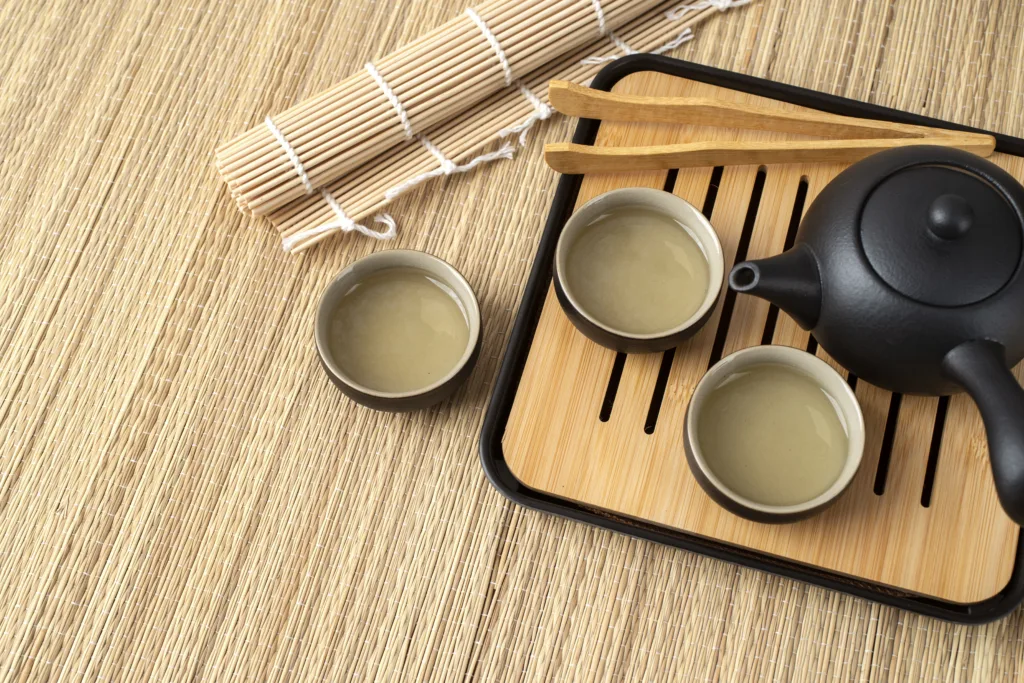
Bamboo Tongs:
Ideal for gripping and serving foods, bamboo tongs combine functionality with a gentle touch, making them suitable for various culinary applications.
Bamboo Whisks:
Whipping up ingredients is a breeze with bamboo whisks. Their lightweight design and natural aesthetic add a touch of elegance to your kitchen.
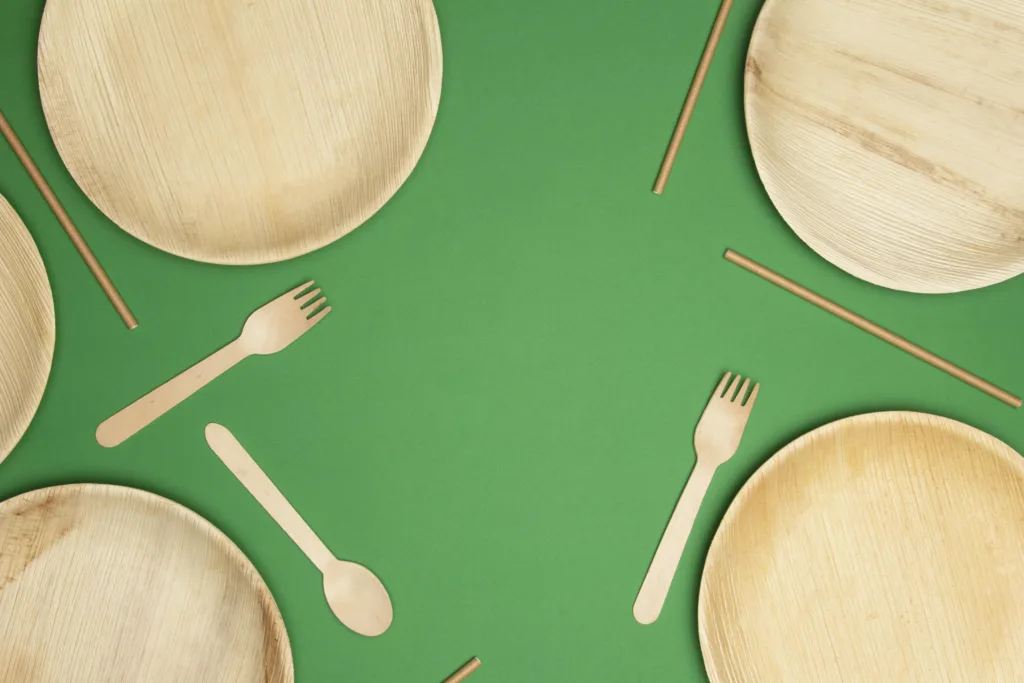
Bamboo Forks:
Suitable for tossing salads, serving appetizers, or piercing meats, bamboo forks offer a sustainable alternative for various culinary tasks.
Care and Maintenance: Ensuring Longevity
To extend the life of your bamboo kitchen utensils and maintain their eco-friendly attributes, follow these simple care tips:
Hand Wash Only:
Wash your utensils by hand with mild soap and warm water. Avoid exposing them to prolonged periods of soaking.
Periodic Oil Treatment:
Apply a thin layer of mineral oil to your utensils from time to time to prevent them from drying out and developing cracks.
Avoid High Heat:
Bamboo is sensitive to extreme temperatures, so refrain from exposing your utensils to high heat, whether in the dishwasher or on a hot stove.
Proper Storage:
Allow your utensils to air dry thoroughly before storing them. To stop the growth of mould, store them somewhere dry.
how to clean bamboo utensils shortly
Cleaning bamboo utensils is a straightforward process:
Hand Wash Only:
Use a moderate dish soap and warm water to wash.
Gentle Scrubbing:
Use a soft sponge or cloth for gentle cleaning.
Prompt Drying:
Dry thoroughly after washing to prevent moisture damage.
Avoid Soaking:
Don’t soak bamboo utensils to prevent swelling or cracking.
Occasional Oil Treatment:
Apply mineral oil periodically for moisture preservation.
Stain Removal:
Remove stains with a mixture of lemon juice and salt.
Proper Storage:
Store in a well-ventilated area in an upright position.
Avoid Extreme Temperatures:
Keep away from high heat to prevent damage.
are bamboo cooking utensils good
Yes, bamboo cooking utensils are considered good for several reasons:
Eco-Friendly: Bamboo is a highly renewable resource, making it an environmentally sustainable choice for kitchen utensils. It grows rapidly and does not require the use of harmful pesticides or fertilizers.
Antimicrobial Properties: Bamboo has natural antimicrobial properties, reducing the risk of bacterial growth on the utensils. This makes them a hygienic option for the kitchen.
Durability: Despite being lightweight, utensils are durable and can withstand regular use in the kitchen. When compared to some other materials, they are less likely to break or crack.
Gentle on Cookware: Utensils are gentle on cookware surfaces, particularly non-stick pans. They help prevent scratches and damage, extending the life of your cookware.
Aesthetically Pleasing: Utensils often have a natural and elegant appearance, adding a touch of warmth and style to your kitchen.
Versatility: Bamboo utensils come in various types, including spoons, spatulas, tongs, and more. They are adaptable and appropriate for a variety of culinary jobs.
are bamboo utensils safe
Yes, bamboo utensils are generally safe. Bamboo is a natural and non-toxic material. It is antimicrobial, meaning it naturally resists bacteria and fungi. When used as kitchen utensils, bamboo is considered a safe and eco-friendly option. Ensure proper cleaning and maintenance to prolong their lifespan and hygiene.
are bamboo cooking utensils safe
Yes, bamboo cooking utensils are generally considered safe for kitchen use. Here are some reasons why:
Natural Material: Bamboo is a natural material, and it is non-toxic. It doesn’t contain harmful chemicals or toxins that can leach into your food.
Antimicrobial Properties: Bamboo has inherent antimicrobial properties, which means it naturally resists the growth of bacteria and other microorganisms. This makes bamboo utensils a hygienic choice for the kitchen.
Low Risk of Allergies: Bamboo is a type of grass, and allergies to it are rare. Unlike some other materials, bamboo is less likely to cause allergic reactions.
Environmentally Friendly: Bamboo is a highly renewable resource, making it an eco-friendly option for kitchen utensils. It grows quickly and doesn’t require the use of pesticides or fertilizers.
However, it’s important to note that the safety of bamboo utensils also depends on proper care and maintenance. They are typically not dishwasher-safe, and regular hand washing with mild soap and water is recommended. Additionally, occasional oil treatment can help preserve the bamboo and prevent it from drying out or cracking.
conclusion
In conclusion, bamboo utensils offer a sustainable, safe, and versatile choice for your kitchen. Their natural properties, such as being antimicrobial and eco-friendly, make them increasingly popular among environmentally conscious consumers. While bamboo utensils are durable and can withstand regular use, proper care is essential to ensure their longevity.
Remember, hand washing with mild soap and water is the preferred cleaning method, as bamboo utensils are not dishwasher-safe. Avoiding prolonged soaking, promptly drying after washing, and occasional oil treatment will help preserve the bamboo and maintain its integrity.
Choosing bamboo utensils is not only a practical decision but also a commitment to a greener lifestyle. As a rapidly renewable resource, bamboo aligns with sustainability goals, making it a responsible and eco-conscious option for the modern kitchen. Whether you’re a seasoned chef or a home cook, incorporating bamboo utensils can add a touch of natural elegance to your culinary endeavors while contributing to a healthier planet.
frequently asked questions (FAQs)
1. Are bamboo utensils safe for cooking?
- Yes, bamboo utensils are generally considered safe for cooking. They are non-toxic, have antimicrobial properties, and are an eco-friendly option.
2. Can bamboo utensils go in the dishwasher?
- No, bamboo utensils are not typically dishwasher-safe. The high heat and moisture in dishwashers can damage the bamboo. Hand washing with mild soap and water is recommended.
3. How do I clean bamboo utensils?
- Clean bamboo utensils by hand with warm water and mild dish soap. Avoid soaking them for extended periods, and dry them promptly to prevent moisture damage.
4. Are bamboo utensils durable?
- Yes, bamboo utensils are durable and can withstand regular use. They are less prone to cracking or breaking compared to some other materials.
5. Do bamboo utensils scratch cookware?
- No, bamboo utensils are gentle on cookware, particularly non-stick pans. They help prevent scratches and damage, extending the life of your cookware.
6. Can bamboo utensils harbor bacteria?
- Bamboo has natural antimicrobial properties that resist the growth of bacteria. Proper cleaning and maintenance help ensure they remain hygienic.
7. Are there any allergies associated with bamboo utensils?
- Allergies to bamboo are rare. It is a grass, and the risk of allergic reactions is generally low.
8. How do I maintain bamboo utensils?
- Maintain bamboo utensils by hand washing them, avoiding prolonged soaking, and drying them thoroughly. Occasional oil treatment helps preserve the bamboo.
9. Are bamboo utensils environmentally friendly?
- Yes, bamboo is a highly renewable resource, making bamboo utensils an eco-friendly choice. It grows quickly and doesn’t require the use of pesticides or fertilizers.
10. Can I use bamboo utensils with non-stick cookware?
Yes, bamboo utensils are suitable for use with non-stick cookware. They are gentle and won’t scratch the surfaces.
11. How long do bamboo utensils last?
The lifespan of bamboo utensils depends on proper care. With regular hand washing, prompt drying, and occasional oil treatment, they can last for an extended period.

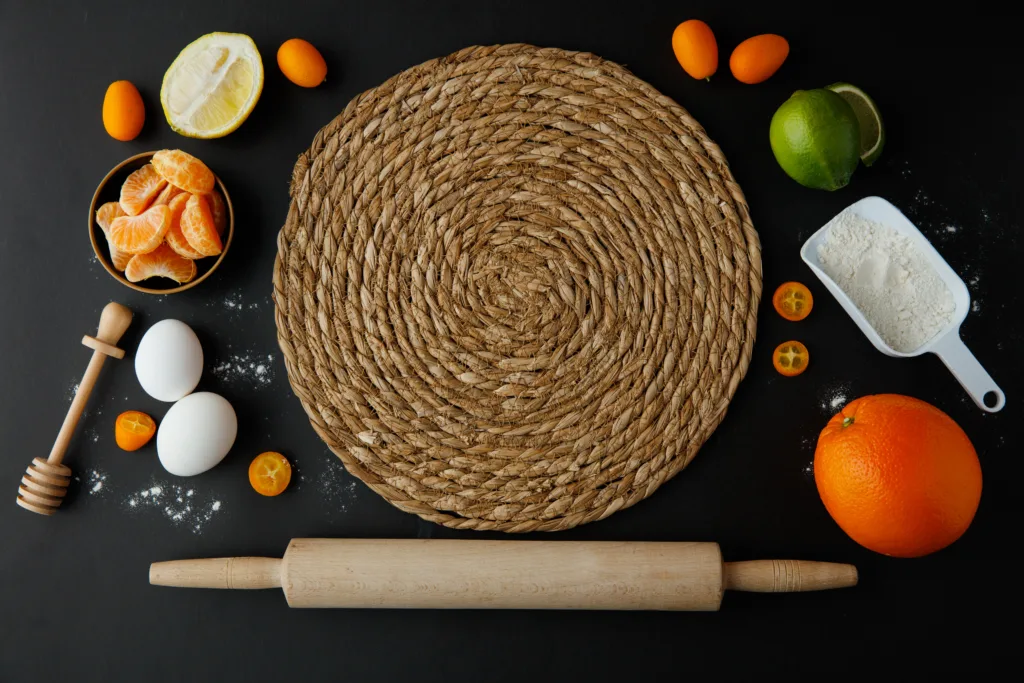
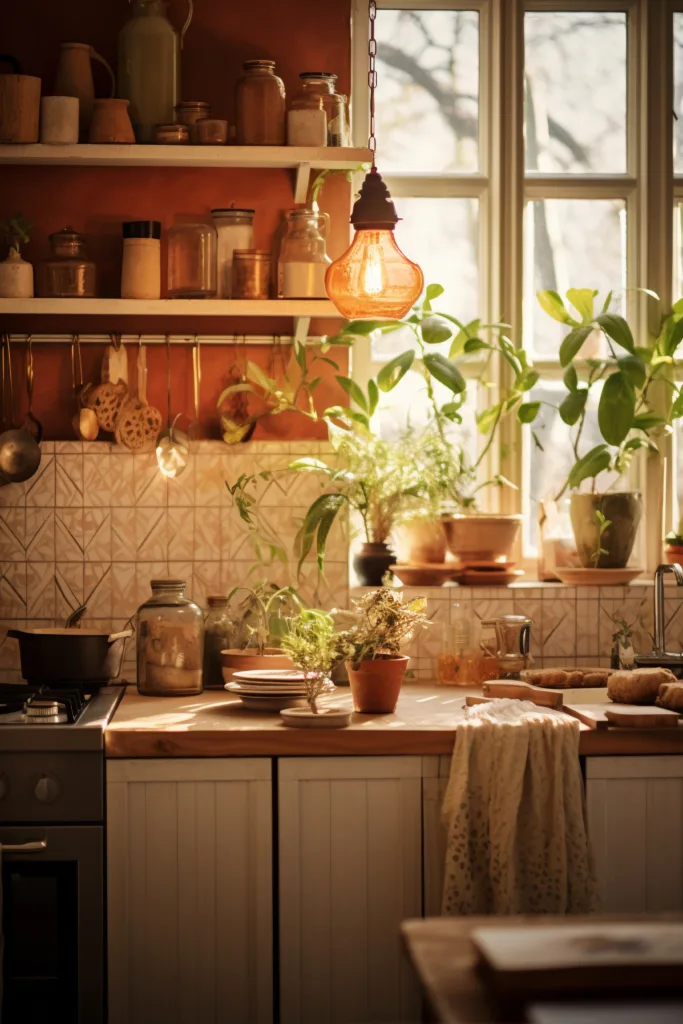
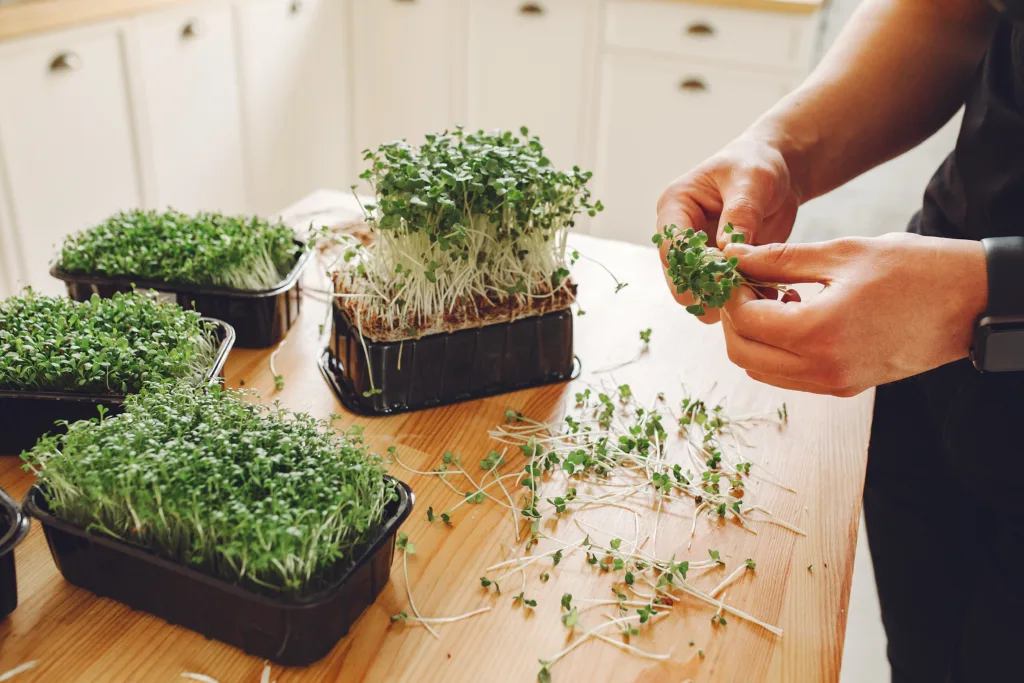

Pingback: "Modern Organic Kitchen: The Art of Creating a Sustainable living"2023 - homedecorestate.com